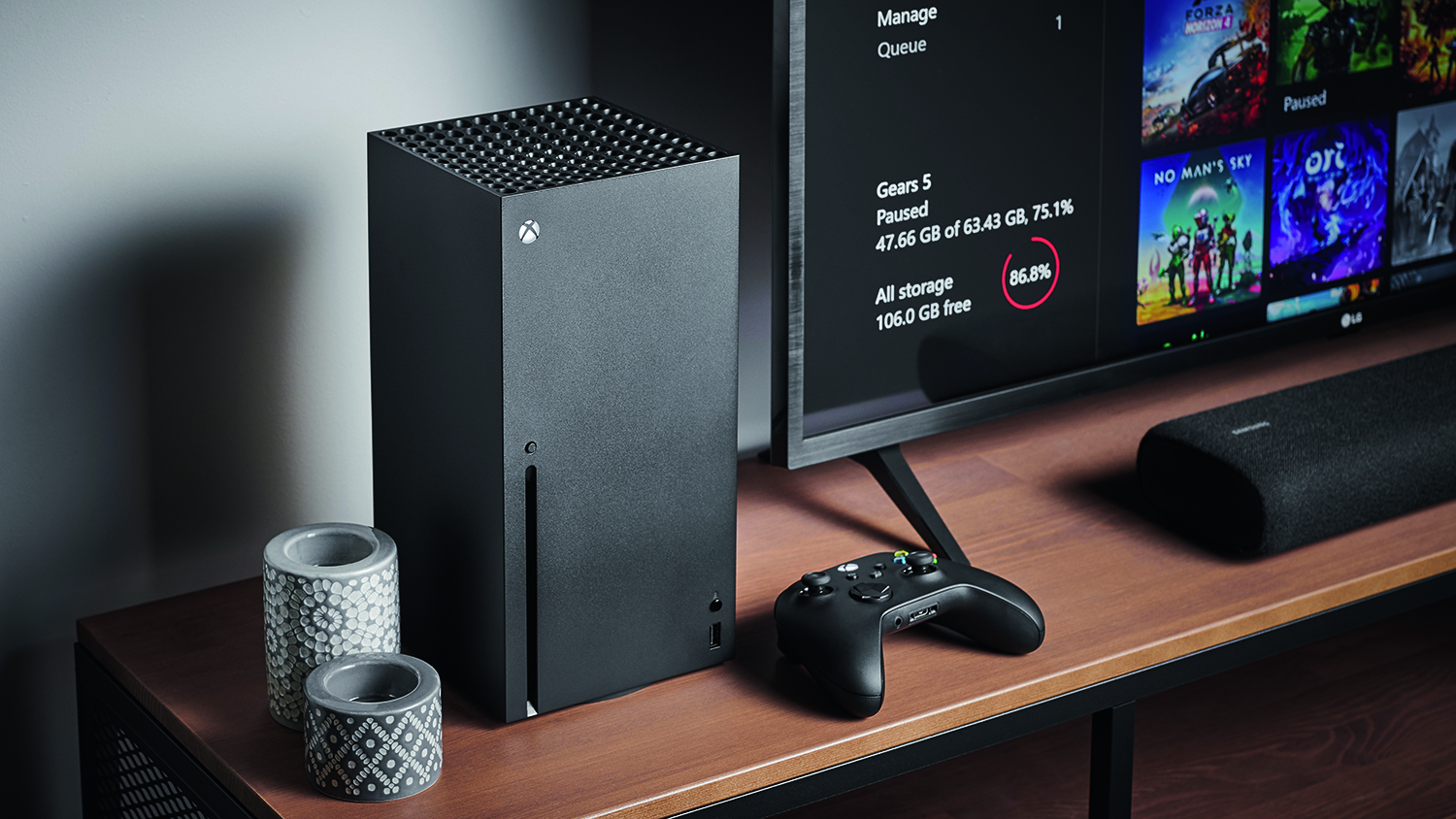You might want to enable this Xbox Series X feature right now
You probably think this feature's switched on already. But you might be wrong


We've known for many years now that leaving devices running when we're not using them is tantamount to taking your money and setting it on fire, and in the current cost of living crisis it's more wasteful than ever. So it might surprise you to discover that a single setting in your Xbox Series X could be burning quite a lot of your cash.
If you bought your Xbox Series X before May this year, the energy saver mode isn't enabled by default – and according to some estimates that means when it's on standby it's churning through a whopping £59 a year in unnecessary energy use. That's the price of a good new triple-A release or five months of Game Pass Unlimited. By comparison, the PS5 in standby uses around £5 annually.
It's time to toggle your Xbox Series X to off
If you're one of the million-plus UK people who bought the Xbox Series X before May, it's time to get into settings: if you don't, having your Xbox set to instant-on is costing you money you don't need to spend. I mean, £60 to me is a meal out with a friend, a couple of tickets to a day out at a theme park, or money in the kitty for my next game purchase, so the idea of just tossing that away because of this setting being left on doesn't appeal to me at all.
While you're at it, it's also probably worth looking at any of your other devices: while manufacturers have to offer a low power standby mode, they don't have to enable it by default. That means there are possibly many other bits of kit in your home or office that are helping make the polar bears sad and your bank balance thinner than it ought to be.
I'm not a big fan of "turn your microwave off and save £££!" articles because they're often based on very old kit and very unrealistic usage patterns, so for example some of the figures I've seen for TVs' energy use aren't based on the best TVs but appear to be modelled on CRTs from the previous century.
But equally I'm not a big fan of giving my wages to energy companies either. If you haven't looked around your home with a critical eye to see what's using power unnecessarily, this would be a really good time to do it.
Get all the latest news, reviews, deals and buying guides on gorgeous tech, home and active products from the T3 experts
Writer, musician and broadcaster Carrie Marshall has been covering technology since 1998 and is particularly interested in how tech can help us live our best lives. Her CV is a who’s who of magazines, newspapers, websites and radio programmes ranging from T3, Techradar and MacFormat to the BBC, Sunday Post and People’s Friend. Carrie has written more than a dozen books, ghost-wrote two more and co-wrote seven more books and a Radio 2 documentary series; her memoir, Carrie Kills A Man, was shortlisted for the British Book Awards. When she’s not scribbling, Carrie is the singer in Glaswegian rock band Unquiet Mind (unquietmindmusic).
